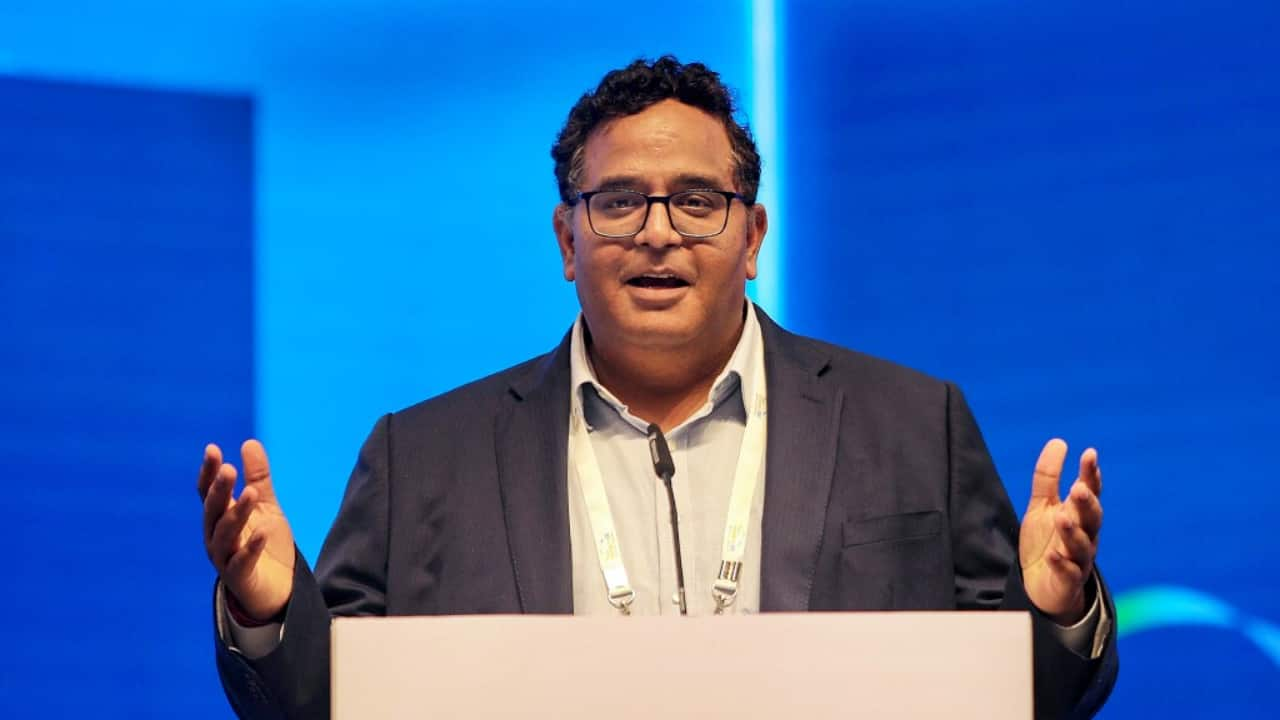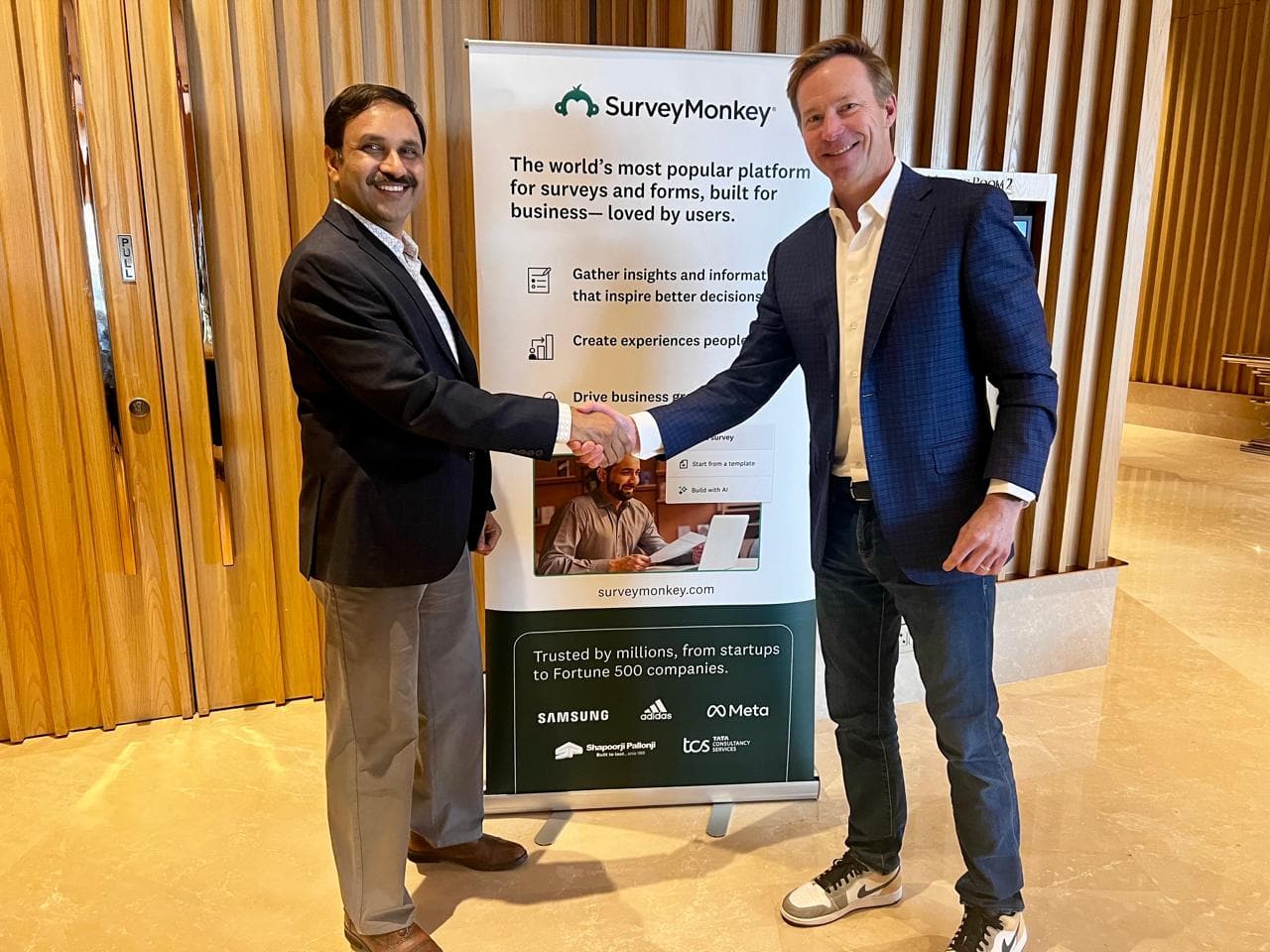 Top 3 stories
Top 3 stories
Zomato's billion-dollar ammunition

Zomato is piling on the ammunition as rival Swiggy gets set to make its public market debut
Driving the news
Zomato plans to raise up to Rs 8,500 crore (over $1 billion) in fresh capital, marking the company's first fundraise since its IPO in 2021.
"We need to enhance our cash balance given the competitive landscape and the much larger scale of our business today...We want to ensure that we are on a level playing field with our competitors, who continue to raise additional capital," said Zomato chief Deepinder Goyal.
The move comes as Swiggy prepares to raise over $1.4 billion in its IPO next month and Zepto's ongoing rapid fundraising spree.
Investor dilemma
Zomato's monster quarter
Zomato reported a 389% jump in its net profit to Rs 176 crore in Q2FY25 from Rs 36 crore in Q2FY24.
- Revenue increased 69% to Rs 4,799 crore for the quarter from Rs 2,848 crore as more customers ordered in
Blinkit, the quick commerce arm, saw its revenue more than double to Rs 1,156 crore in Q2FY25 from Rs 505 crore in Q2FY24.
- Quick commerce's gross order value (GOV) jumped to Rs 6,132 crore for the quarter vs food delivery's GOV of Rs 9,690 crore. (How long before q-comm takes the lead?)
- Blinkit’s revenue share from Delhi-NCR has dropped to 40% as it strengthens its hold over other regions
From our Zomato-Blinkit coverage:
Paytm tweaks lending play with FLDG

As revenue hits a rough patch, Paytm seems to be diving into new “risker” strategies to spark growth.
Driving the news
In a major policy shift, Paytm has inked its first First Loss Default Guarantee (FLDG) agreement with SMFG India Credit, moving from just distributing loans to taking on risk.
- Paytm will guarantee up to Rs 225 crore in default losses for loans disbursed by SMFG through its platform
- This means Paytm will cover the first loss if borrowers fail to pay
- The company currently holds a portfolio of Rs 1,651 crore under this model
Until now, Paytm has steered clear of guarantees in its co-lending partnerships. However, tightened norms around lending may have led Paytm to change its stance.
“This is an emerging market practice, and we aim to align with it. We're confident this will lead to increased revenue without altering our profit projections,” founder Vijay Shekhar Sharma said.
Ticket to profit
During the second quarter ending September, Paytm bounced back into profit thanks to the sale of its entertainment ticketing business to Zomato.
- The firm posted a profit of Rs 930 crore, a turnaround from a Rs 290 crore loss last year
- Without this exceptional gain of Rs 1,345 crore, Paytm would still be in the red, facing a loss of Rs 495 crore—up 70% compared to last year
However, it did manage to cut its sequential loss by almost 41% from Rs 840 crore in Q1, thanks to cost-cutting measures.
- Revenue ticked up by 11% QoQ, but it’s still down 34% compared to last year
Dig deeper
What went down at Navi

A decade ago, he led the consumer internet revolution. Now, his fintech dreams are hitting a wall.
Tell me more
Sachin Bansal's fintech venture, Navi Finserv, has hit a major roadblock.
- The non-banking financial company (NBFC) has been ordered to halt lending operations due to alleged usurious practices
This setback marks the second major regulatory hurdle for Bansal in recent years.
- Earlier, his microfinance arm, Chaitanya MFI, was denied a universal banking license
So what went wrong?
Navi Finserv's troubles stem from its aggressive lending tactics. The company was accused of charging high interest rates, including penal charges and compounding effects, leading some customers to pay interest rates as high as 60%.
- The RBI ombudsman received many complaints and discovered social media platforms flooded with grievances
- While Navi management was earnest in discussing RBI’s concerns, things did not change on the ground
A fine line
The NBFC model is inherently risky, as it caters to a segment often overlooked by banks.
To be profitable, NBFCs need to grow rapidly, but this can sometimes lead to aggressive lending practices.
“All NBFCs are aggressive. That is the nature of the business. In fact, that is the only business model,” said a fintech founder.
Find out more
MC Interview: SurveyMonkey faces India's premium price dilemma

SurveyMonkey's CEO, Eric Johnson, is facing a common hurdle that global tech firms face in India: convincing cost-conscious consumers to pay for premium services.
- The online survey firm is investing in India by opening an office in Bengaluru and plans to double its employee base there by 2025
The company's CEO, Eric Johnson, acknowledged that while they have a large base of free users, converting them to paid customers is difficult due to India's price-sensitive market.
Find out more








